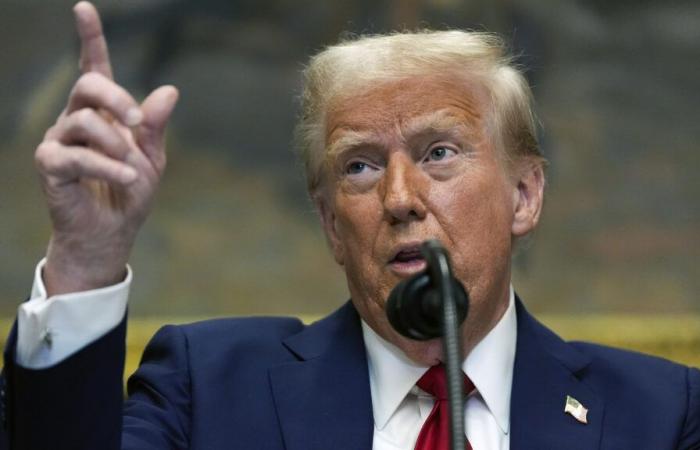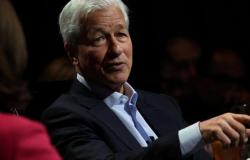Customs tariffs act like taxes. If the American president decides to move forward, the prices of products imported to the United States from Canada are therefore likely to increase by at least 25%. This will have a direct impact on Canadian businesses.
President Trump is using tariffs as leverage to get other countries to comply with his expectations. In the case of Canada and Mexico, this involves cracking down on illegal drug trafficking and controlling the influx of undocumented migrants crossing their territory to enter the United States illegally.
Did we already have tariffs imposed between the United States and Canada? Since the first free trade agreement between Canada and the United States in 1989, tariffs have been removed for the majority of products imported and exported between the two countries.
Note that free trade is a policy which notably removes tariff barriers by promoting the movement of goods and products from one country to another.
Trump’s idea of imposing such tariffs is primarily to encourage Americans to buy local products. Indeed, companies that sell, for example, Canadian products generally pass these costs on to consumers, which could push them to turn to products manufactured in the United States.
These customs fees, if applied, could therefore have a considerable weight on the wallets of Canadians, Americans and Mexicans since these three countries are main trading partners thanks to the Canada–United States–Mexico Agreement ( CUSMA).
See also: No tariffs if Canada becomes 51st state, says Trump
Moreover, according to American trade data obtained by the American media CNNCanada and Mexico accounted for 30% of the value of all goods imported by the United States last year.
However, for the moment it appears that these customs tariffs will have a greater impact on Americans wishing to purchase Canadian goods. Moreover, Canada is preparing to retaliate by in turn imposing tariffs on products coming from the United States.
So here’s what might cost more:
The grocery store
Grocery store costs have only increased in recent years. When Canada responds to President Trump’s tariffs, product costs are likely to rise further.
American products occupy a large space on our grocery shelves. These include fruits and vegetables such as oranges, avocados and strawberries, as well as processed products such as condiments, oils, sugar and grains.
Moreover, Canada lists around a hundred products manufactured in the United States likely to be hit by retaliatory measures, including the famous Florida orange juice.
-Alcohol
Californian wines and even Tennessee whiskey also risk being hit by customs tariffs if Canada retaliates.
Moreover, when the United States imposed customs tariffs of 25% on China in 2018, the latter quickly responded by imposing tariffs on several American products, including Jack Daniel’s whiskey.
See also: Trump’s tariffs will hurt both countries, Americans say
L’essence
The majority of oil imported into Canada comes from the United States. In 2021, 66% of Canada’s crude oil imports came from our neighbor to the south, according to the Canada Energy Regulator.
Quebec also ranks second in imports of crude oil and refined oil in the country. This is explained, among other things, because the province of Quebec is located further from the production areas of Western Canada.
Let us also remember that Canada supplies more than half of the oil imported by the Americans. And for the moment, Justin Trudeau’s government is not ruling out the idea of imposing tariffs on energy exports, including oil, in the event that Trump carries out his tariff threat.
It’s hard to imagine the consequences on the economic market. But if both countries move forward with these tariffs, Canadian and American consumers are likely to take the hit.
The automotive industry
Vehicle manufacturing supply chains are also at risk of being disrupted by the imposition of tariffs, as they support more than $124 billion in car and parts trade-ins according to 2023 data from Statistics Canada .
Moreover, by the time a car leaves an assembly line, some of its materials have crossed the border of Canada and the United States several times during the production process.
Note that Tesla announced Thursday that it would increase the prices of its Model 3, the cheapest in its range, by around $9,000 starting February 1. Without specifying why the company was increasing prices, the effective date coincides with when US President Donald Trump said he could impose across-the-board tariffs on Canada.
With information from the Associated Press and The Canadian Press






